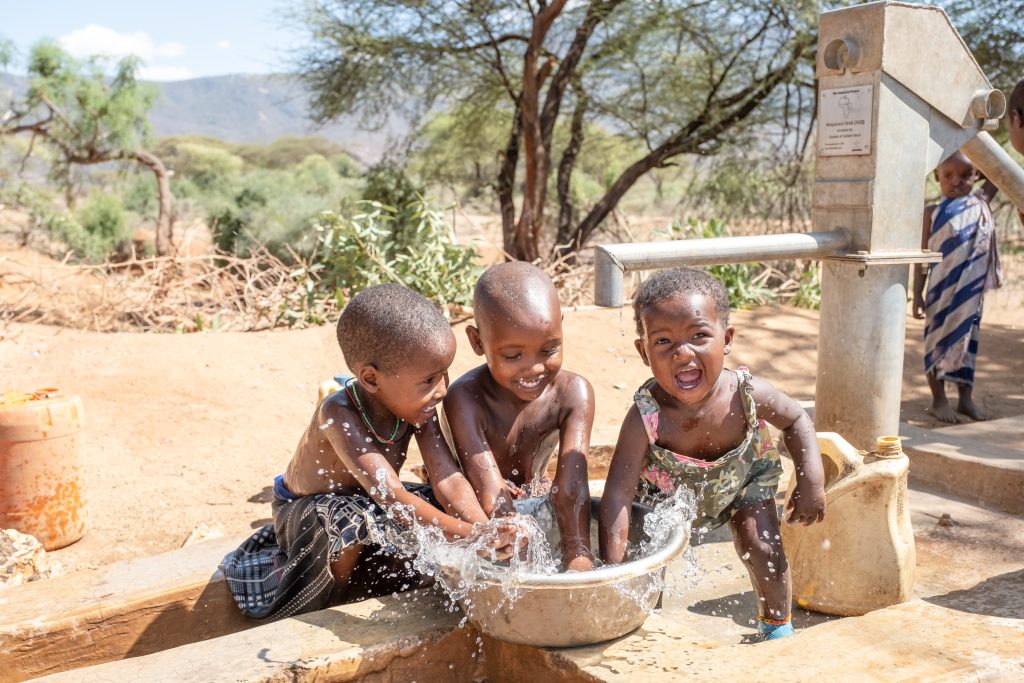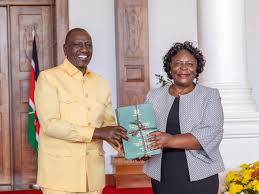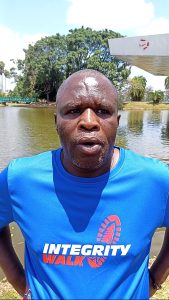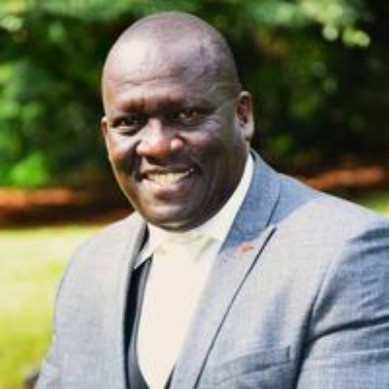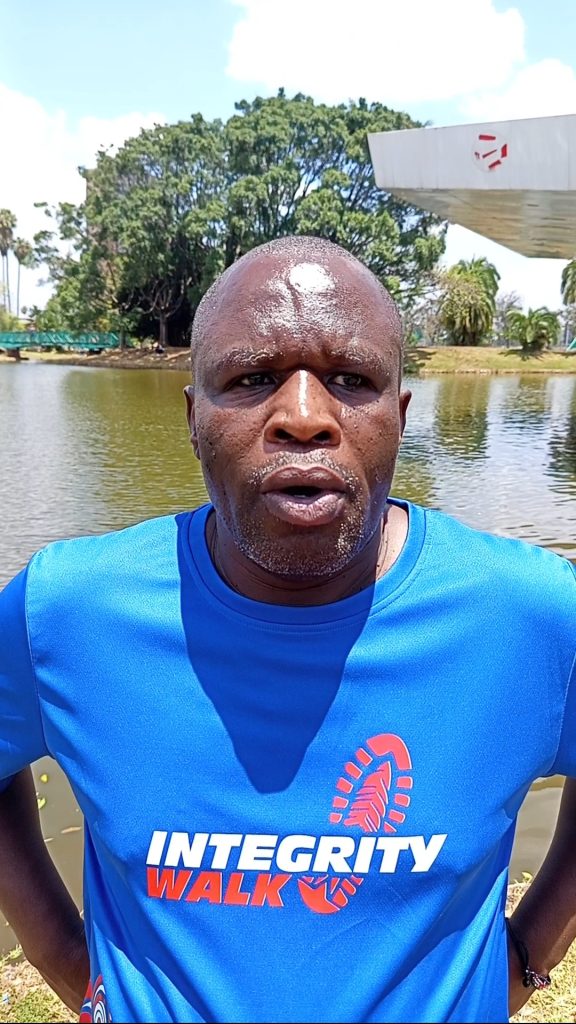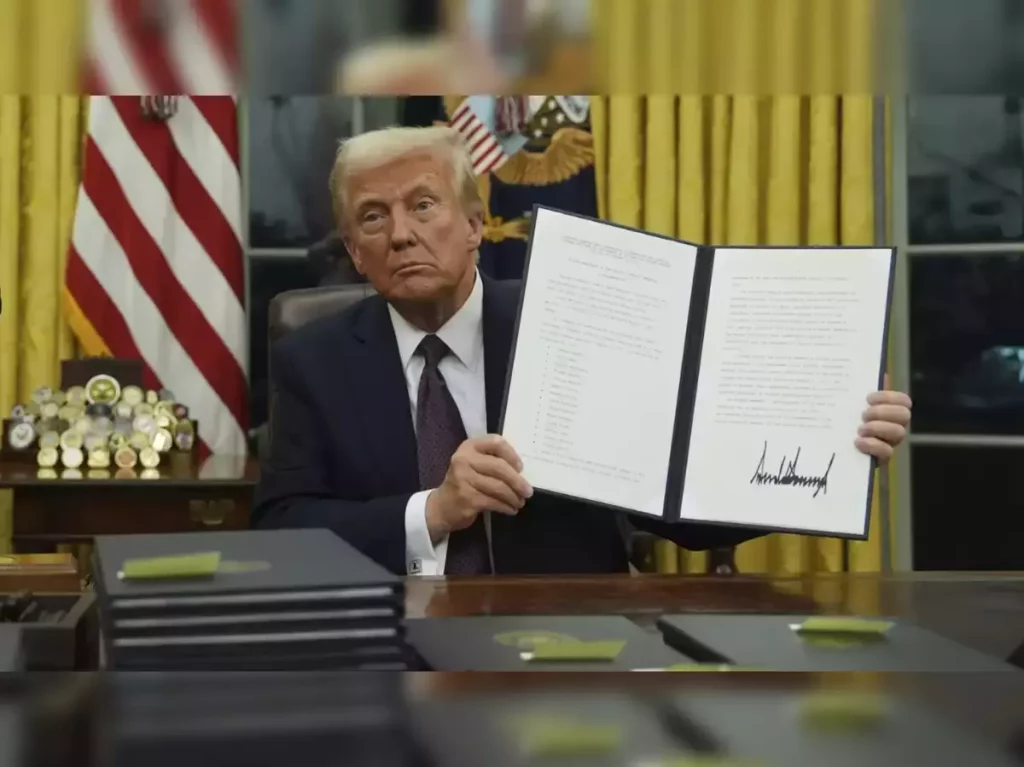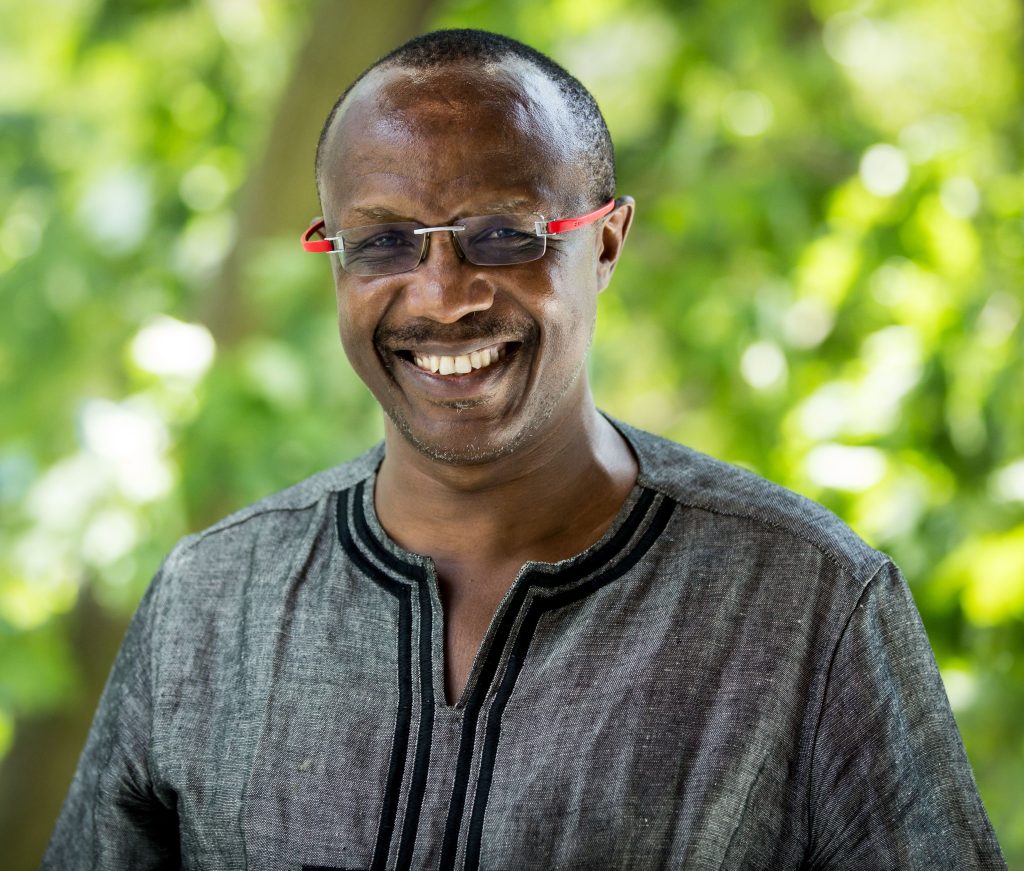By Wahome Ngatia
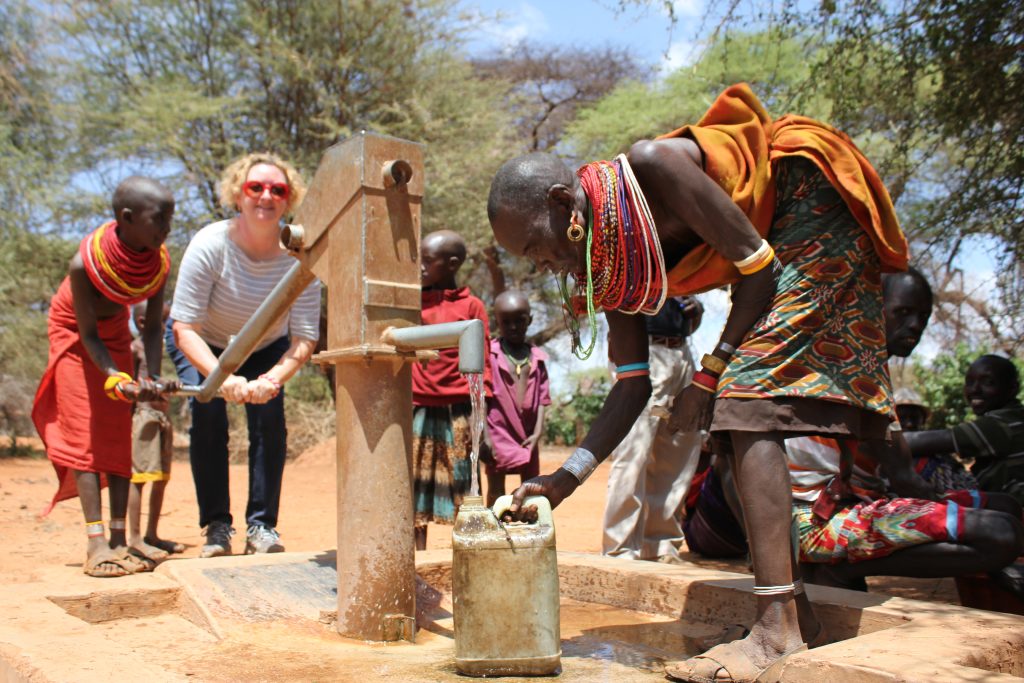
A stroke of luck led Chiko, a Turkish man, to a life-changing journey. After winning a €1 million lottery in Germany, he traveled to Kenya for a safari in Samburu. There, he witnessed firsthand the dire water shortages affecting local communities. A chance encounter with a hotel sticker promoting The Samburu Project (TSP) introduced him to the organization’s mission—and he soon became one of its major donors.
TSP, a nominee in the WASH category of the NGO Awards, has been drilling boreholes in Samburu since 2006, transforming lives by providing clean drinking water and empowering women. Their unique funding model is largely driven by safari travelers, as Executive Director Linda Hooper explains.
“Honestly, our major donors are world safari travelers. We’ve partnered with several travel companies, including Air Kenya. Through The Safari Collection, we’ve built six wells,” says Linda.
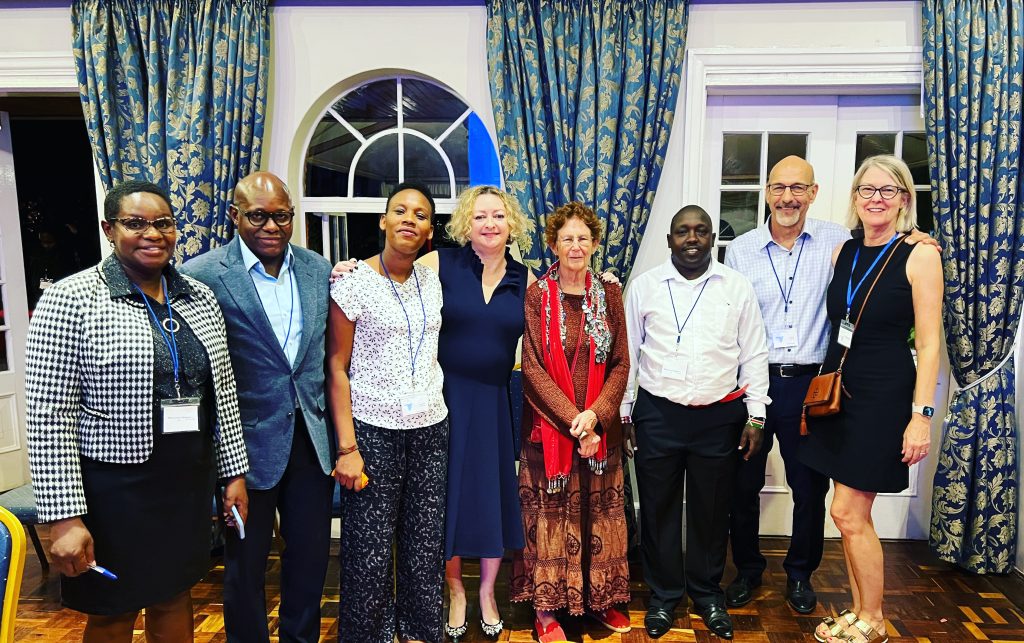
A Small Team Making a Big Impact
Despite having a core team of just five people, TSP has drilled over 165 wells, each costing approximately $24,000 (KES 3,099,600). Their work spans Samburu East, Archer’s Post, Wamba, Sere Olipi, Ngurunit, and the outskirts of Maralal, impacting around 325,000 people. However, rather than expanding to other counties, they are committed to deepening their impact within Samburu.
“We don’t want to extend beyond Samburu. Instead, we aim to further improve the lives of women and children in our communities,” Linda emphasizes. This focus has enabled them to install showers in schools, ensuring children have access to clean water for bathing.
Overcoming Cultural and Environmental Challenges
Water scarcity in Samburu is not just about access but also about depth. While local communities can dig wells, they lack the resources to reach clean water aquifers. TSP has mastered the science of identifying viable water sources by studying vegetation patterns and conducting ground scans.
Engaging the community is crucial to avoid conflict. Ndung’u Muchane, a TSP board member, highlights that the nomadic and clan-based nature of Samburu society poses challenges.
“These communities are very clannish. Even within the same tribe, they are divided into clans, which can lead to inter-clan conflict. We ensure fairness by allocating wells equally among clans,” he explains.
To secure a well, a community must apply, gain approval from the area chief, and elect three representatives. Once a well is drilled, TSP trains locals on maintenance, ensuring sustainability.
“If wells are not maintained, they fill up with dirt, rendering the water unsafe for consumption,” Linda notes. TSP conducts biannual inspections, and an impressive 90% of their wells remain in good condition—even those drilled as far back as 2005.
Flash floods pose another major challenge, often filling wells with mud and making them unusable. To combat this, TSP engineers reinforce wells with additional protective slabs, mitigating damage from future floods.
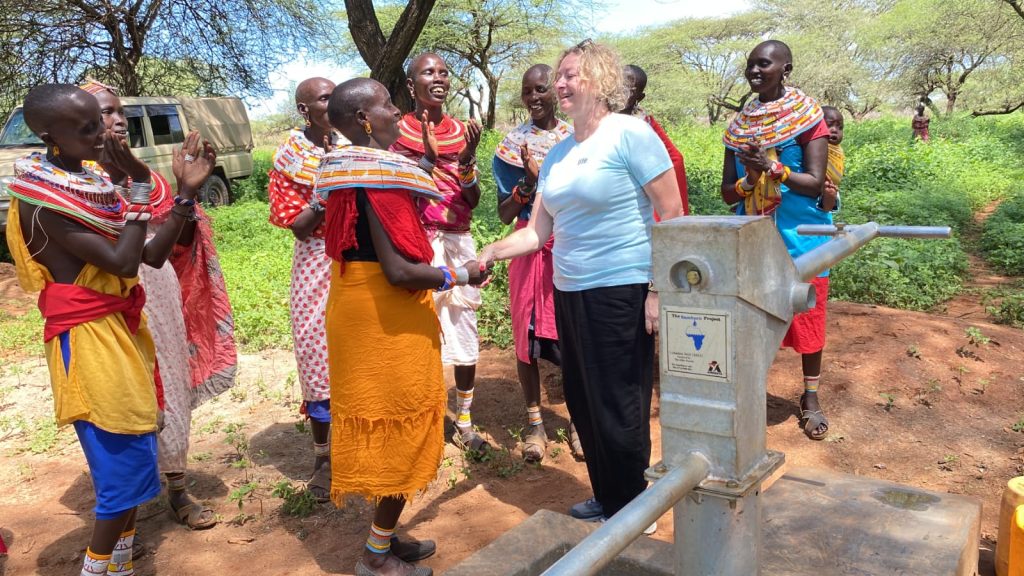
Beyond Water: Food Security and Women’s Empowerment
TSP’s mission extends beyond water access to food security. They encourage communities to cultivate food, particularly within school compounds, which are better protected from wildlife such as elephants and buffalo. Currently, 20 schools host these gardening programs, supported by TSP and its partners.
Women’s empowerment is also a cornerstone of TSP’s initiatives. Through programs like table banking, they equip women with financial literacy, enabling them to uplift their families and communities.
“When you empower a woman, she thinks about how to feed her family and improve her community. That’s why we prioritize women in our programs,” says Muchane.
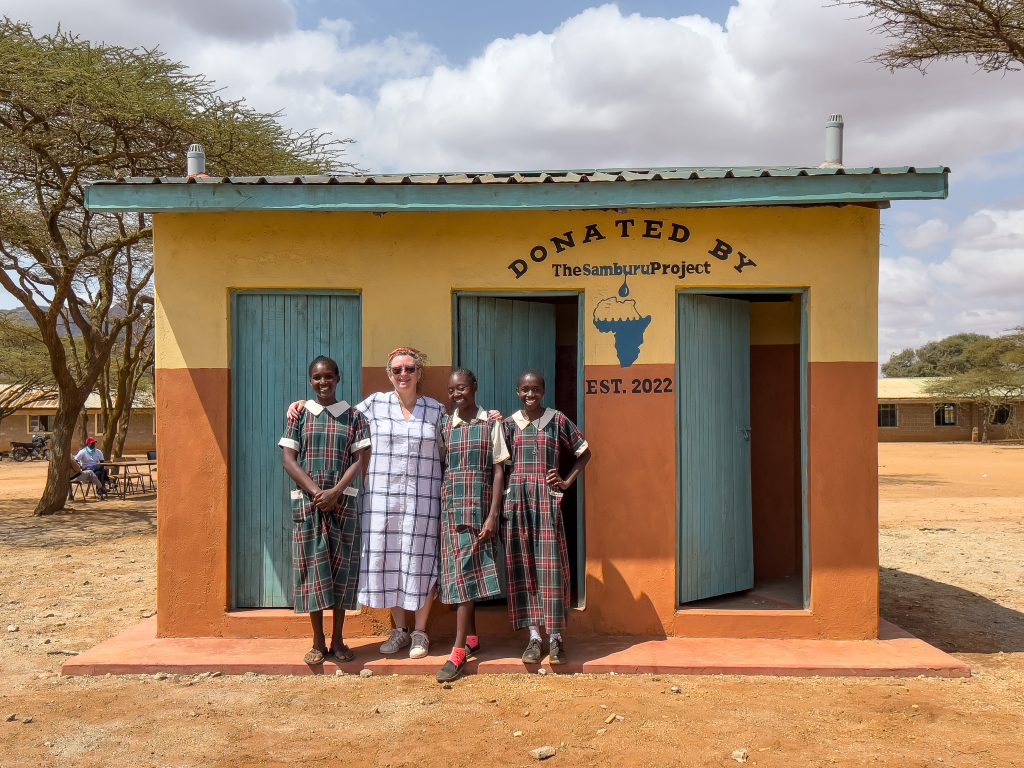
Education and Data-Driven Decision-Making
TSP’s efforts have indirectly boosted education in Samburu. Linda proudly notes that since their work began, the number of female students has doubled.
“These communities once saw no value in educating girls, opting instead for early marriages and FGM. But attitudes are changing, and education is now embraced,” she says.
To ensure accountability, TSP uses a bilingual app to collect and present data to donors and board members. Even field workers who speak only Samburu can input data, which the app uses infographics to communicate with those employees who do not read English or Swahili.
A Passion-Driven Leadership
Linda, based in Los Angeles, started as a TSP volunteer before joining the board and eventually taking over from founder Kristen Kosinski. Her passion for making a difference keeps her motivated through the challenges.
Being nominated for the NGO Awards in the WASH category was a milestone for TSP.
“The recognition has added a vote of credibility in writing proposals, newsletters and applying for grants. We proudly display this achievement on our website, and we’re excited to compete again in 2025,” Linda says.
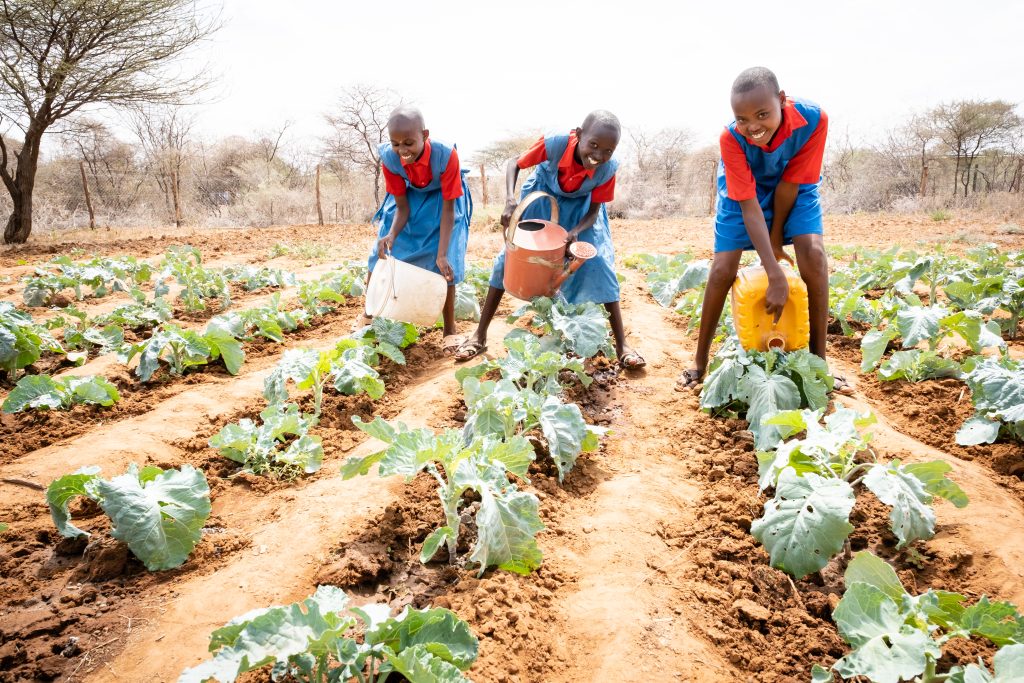
Looking Ahead
TSP remains committed to its mission, and Linda’s message to her team and donors is simple yet powerful:
“We’re in this together.”
F

